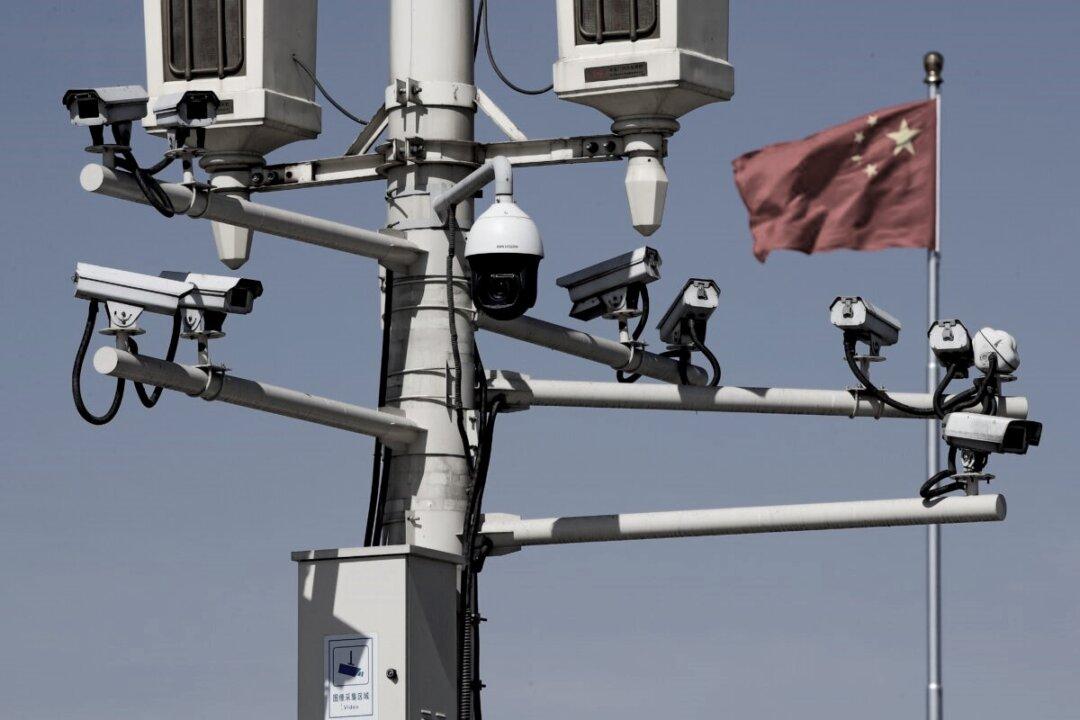The Chinese regime is utilizing futuristic technologies, including digital surveillance, to shape the will of the people and control social behaviour, according to journalists Josh Chin and Liza Lin, the authors of a new book, “Surveillance State, Inside China’s Quest to Launch a New Era of Social Control.”
Systematic surveillance in China is not just for governance but also for re-engineering human behavior, particularly in societies like Xinjiang where the Chinese Communist Party (CCP) has set up an intricate web of surveillance—more concerning is that the communist regime is exporting this technology to other authoritarian regimes and countries around the world, said the authors during their book launch at the Carnegie Endowment for International Peace on Sept. 12.





